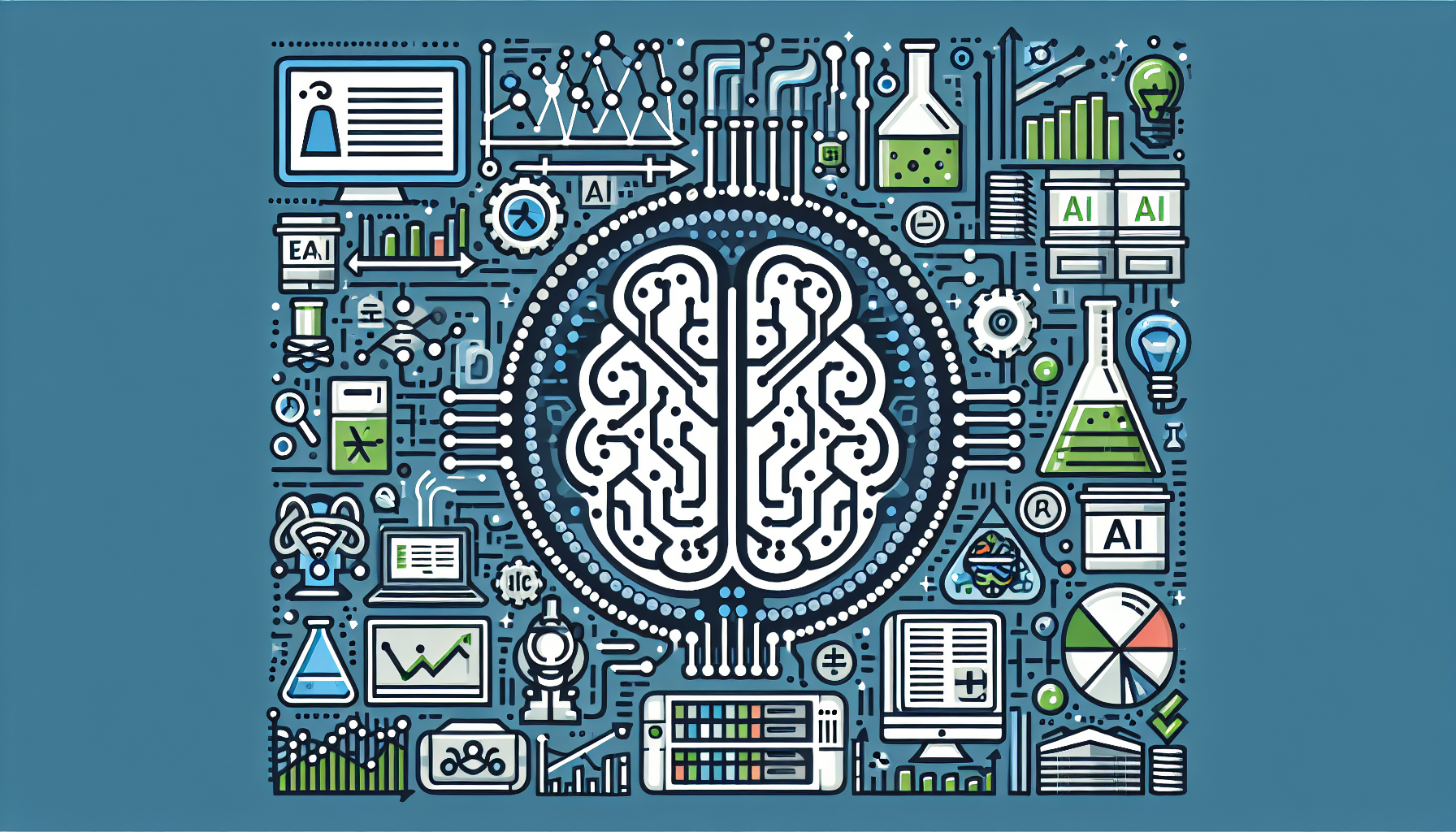Exploring the Ethical Implications of AI in Various Industries
1. Healthcare
The integration of Artificial Intelligence (AI) in healthcare offers revolutionary advancements, including improved diagnostics, personalized medicine, and efficient patient management. However, the ethical implications are substantial. Data privacy is paramount since AI systems rely on vast amounts of sensitive patient information. The risk of data breaches raises concerns about informed consent and the potential misuse of personal health data. Moreover, AI can inadvertently manifest biases present in its training data, leading to unequal treatment outcomes for different demographic groups. This concern amplifies as AI systems are used in critical decision-making, where a wrong diagnosis can have life-altering consequences.
2. Finance
In the finance sector, AI algorithms are employed for risk assessment, fraud detection, and algorithmic trading. While these tools increase efficiency and accuracy, they also present ethical challenges. AI systems can perpetuate existing biases in loan approvals and insurance policies, leading to discrimination against underrepresented groups. Transparency is another critical issue; financial institutions often use “black-box” AI models, making it difficult for stakeholders to understand the decision-making processes. Furthermore, the high-speed trading enabled by AI raises concerns about market manipulation and the potential for economic instability.
3. Transportation
Autonomous vehicles (AVs) are a prominent example of AI’s impact on transportation, promising to decrease accidents caused by human error. However, ethical dilemmas arise in scenarios where an AV must choose between two harmful outcomes in accident situations—a dilemma likened to the trolley problem. The programming of these moral algorithms reflects human values, raising questions about whose ethics prevail. Additionally, the societal implications of job displacement within the driving sector need consideration, as millions may find themselves unemployed or underemployed due to automation.
4. Education
AI in education aids personalized learning experiences through adaptive learning platforms and analytics. While these tools can enhance educational outcomes, they also raise ethical questions regarding surveillance and data privacy among students. The collection of student performance data can lead to profiles that may stigmatize certain learners. Additionally, there is a risk of over-reliance on AI systems that may simplify complex learning scenarios, potentially undermining critical thinking and creativity. Fair access to these technologies also poses a challenge, as underfunded schools may not have the same AI resources, exacerbating educational inequalities.
5. Human Resources
The use of AI in human resources streamlines recruitment processes through resume screening and predictive analytics. However, this widespread application raises concerns regarding bias and fairness. If the algorithms are trained on biased data, they can disadvantage certain candidates, particularly those from marginalized backgrounds. Transparency in AI processes during hiring is crucial; candidates should have insight into how their applications are assessed. Moreover, the ethical management of employee monitoring systems powered by AI leads to questions about workplace privacy and trust.
6. Warfare
AI’s role in military applications, from autonomous drones to intelligent warfare systems, presents profound ethical concerns. The delegation of life-and-death decisions to machines is troubling; it eradicates human accountability. The potential for autonomous weapons to make fatal decisions without human input amplifies concerns over moral responsibility. Additionally, the international arms race surrounding AI warfare technologies poses significant risks of escalation and global instability. The ethical implications of AI in warfare necessitate comprehensive regulatory frameworks to ensure accountability and compliance with international humanitarian laws.
7. Retail
In the retail industry, AI enhances customer experience through personalized marketing and inventory management. However, ethical challenges arise regarding consumer privacy and data analytics. AI systems that track consumer behavior must navigate the fine line between personalization and invasion of privacy. Moreover, the reliance on AI for decisions—such as pricing, stock levels, and promotions—can foster price discrimination and lead to exploitative practices if not regulated properly. Businesses must establish ethical guidelines to govern their AI use while ensuring consumer trust.
8. Agriculture
In agriculture, AI optimizes crop management, predictive analytics for yield forecasting, and resource management. While AI enhances food security and sustainability, there are ethical concerns related to the impact on smallholder farmers. Agricultural robots and AI systems require significant capital investment, potentially marginalizing smaller agricultural enterprises. Additionally, reliance on technology may lead to a loss of biodiversity and traditional farming practices. To address these concerns, ethical frameworks should be established to promote equitable access to AI technologies and preserve traditional farming methods.
9. Entertainment
AI applications in the entertainment industry include content creation, recommendation algorithms, and personalized viewing experiences. Ethical questions arise regarding copyright infringement and the authenticity of generated content. AI-generated music or art can blur the lines of intellectual property, complicating ownership issues. Furthermore, AI in content recommendation can create echo chambers, limiting exposure to diverse viewpoints and fostering divisive narratives. Transparency in these systems is necessary to uphold ethical standards and combat misinformation.
10. Conclusion
The ethical implications of AI are complex and multifaceted, with powerful implications across various industries. As AI continues to evolve, it is crucial for stakeholders—governments, businesses, and consumers—to engage in conversations about ethical governance, accountability, and fairness. Establishing guidelines and regulatory frameworks while fostering an inclusive dialogue will ensure that AI technologies benefit all, promote equity, and uphold societal values in an increasingly automated world.


